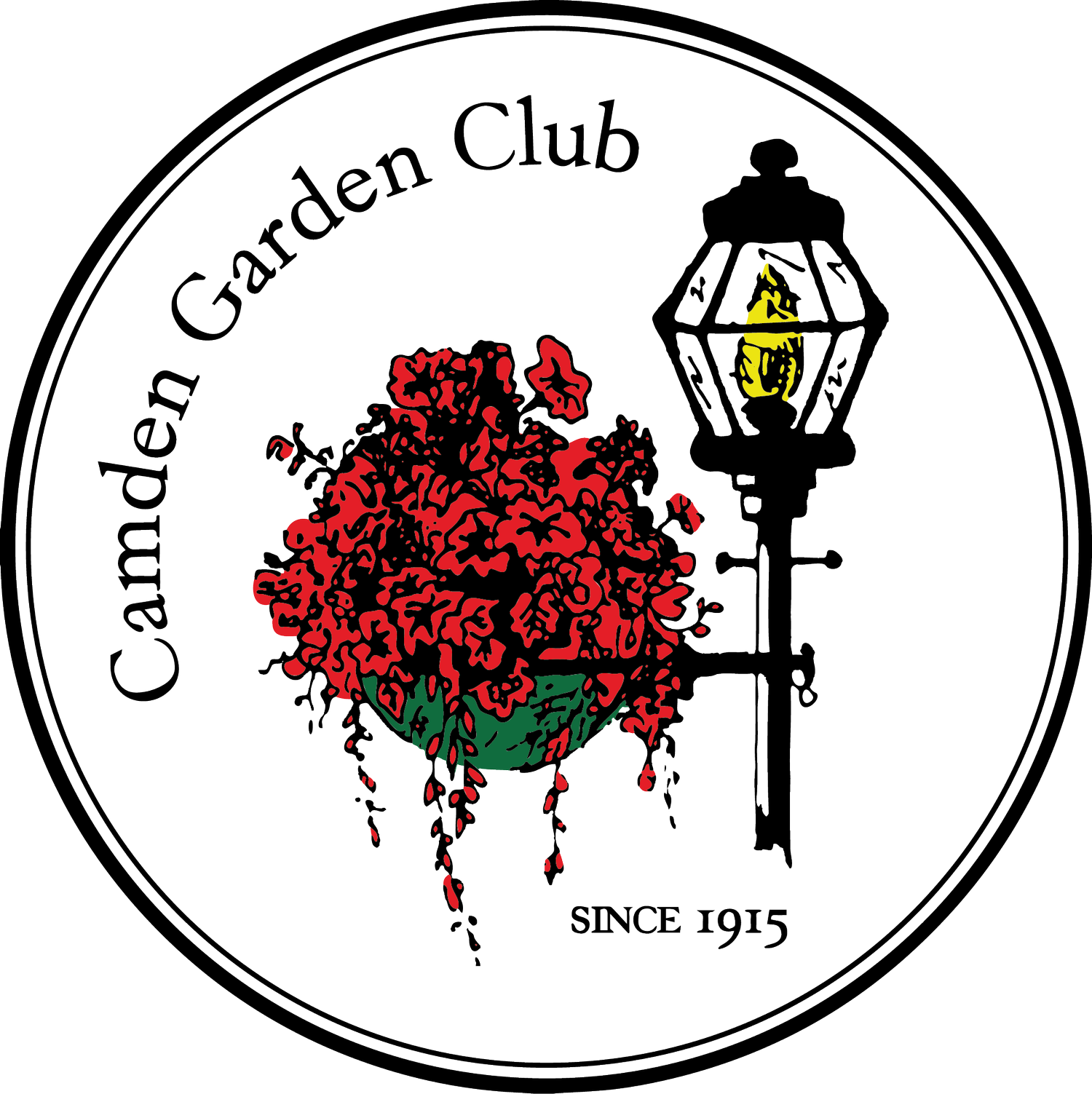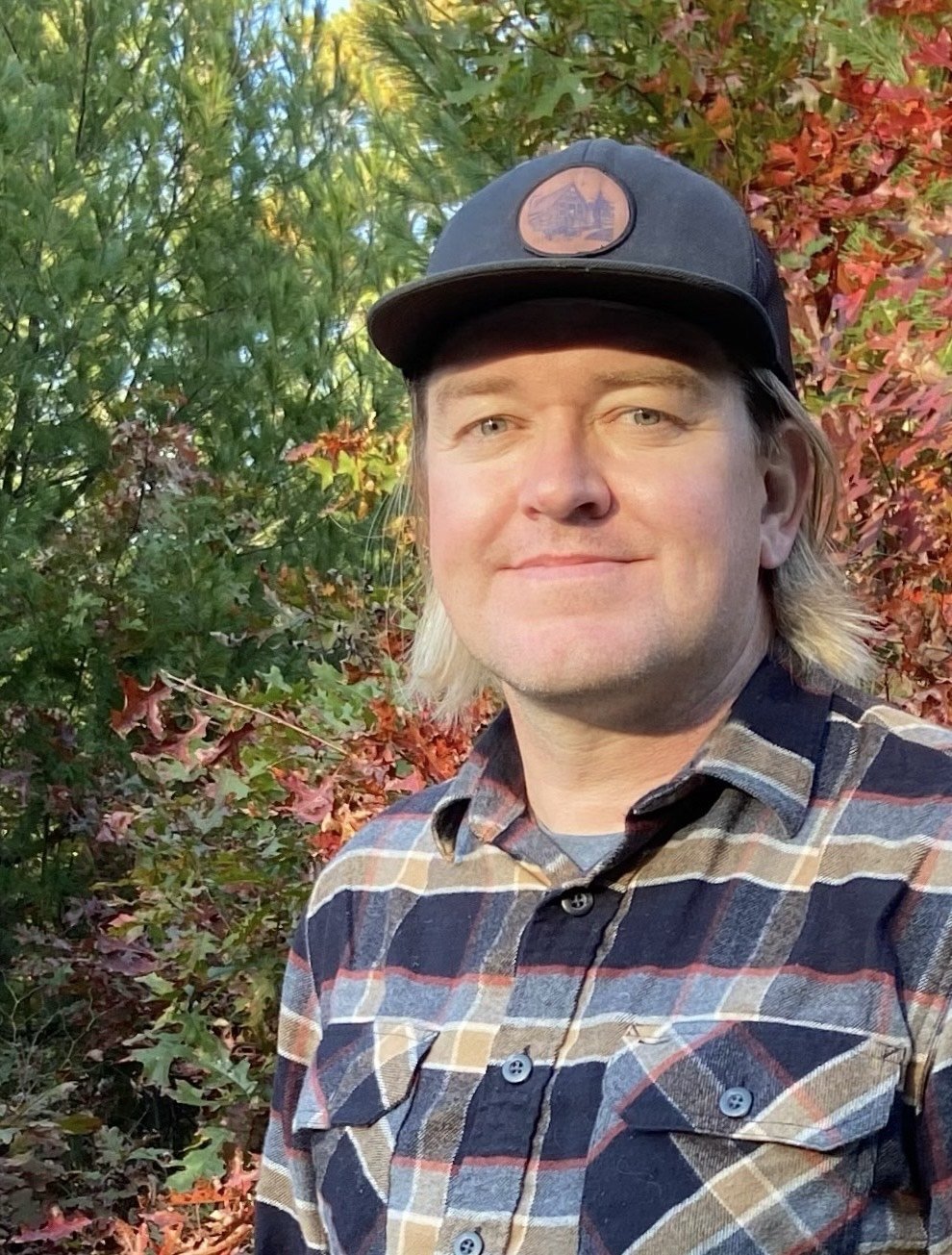PechaKucha-Style Presentations
The day will begin with a PechaKucha-style presentation featuring local horticulturalists.
PechaKucha is a Japanese-originated format where speakers address the audience using 20 slides, each displayed for 20 seconds, resulting in a concise 6-minute and 40-second presentation, emphasizing visual storytelling and brevity.
Rory Keohane, Tenderwild Farm
The Spirit of the Grange: Building Resilience Through Local Agriculture
Rory explores how small farms like Tenderwild are cultivating climate resilience through community-rooted, regenerative agriculture. Rory shows how the farm is growing not just food, but is cultivating a gathering place for connection, dialogue and collective action across the many issues that shape our shared future..
Melissa Kelly, Chef and Owner, Primo It’s Not How Food Looks, It’s How it Tastes
Melissa will share her vision for Primo as a working, sustainable farm-to-table restaurant in Maine. She is an advocate of the farm-to-table movement or as she refers to it, the “Full Circle Kitchen.” With pastured animals and biodynamic practices that inspired farms around the country, Melissa has been a pioneer in setting the standard for what serving fresh, local food can be and Primo has put the midcoast on the map of culinary excellence.
Charlie Costello, MariLark Farms
Why the Tomato? A Little History
Charlie created the Community Seed Bank at MariLark Farms to bring the discussion about food, community, and climate to the kitchen table. He will give a short history of the tomato, the importance of heirlooms, and his efforts to help build a stronger, more independent food community. Agriculture and seeds provide the basis upon which our lives depend and Charlie will discuss the importance of protecting this foundation.
Hannah Semler, FarmDrop
A Revolution in Food Production and Distribution
Hannah will speak to some critical questions asked of New England farmers and all farmers. What food do I have available when? How can I buy it? When can I pick it? When these questions are directed at one farmer, they serve a very narrow purpose, but when directed to 100 food producers at once, they generate the next food revolution. Hannah will talk about her efforts to address the universal questions.




